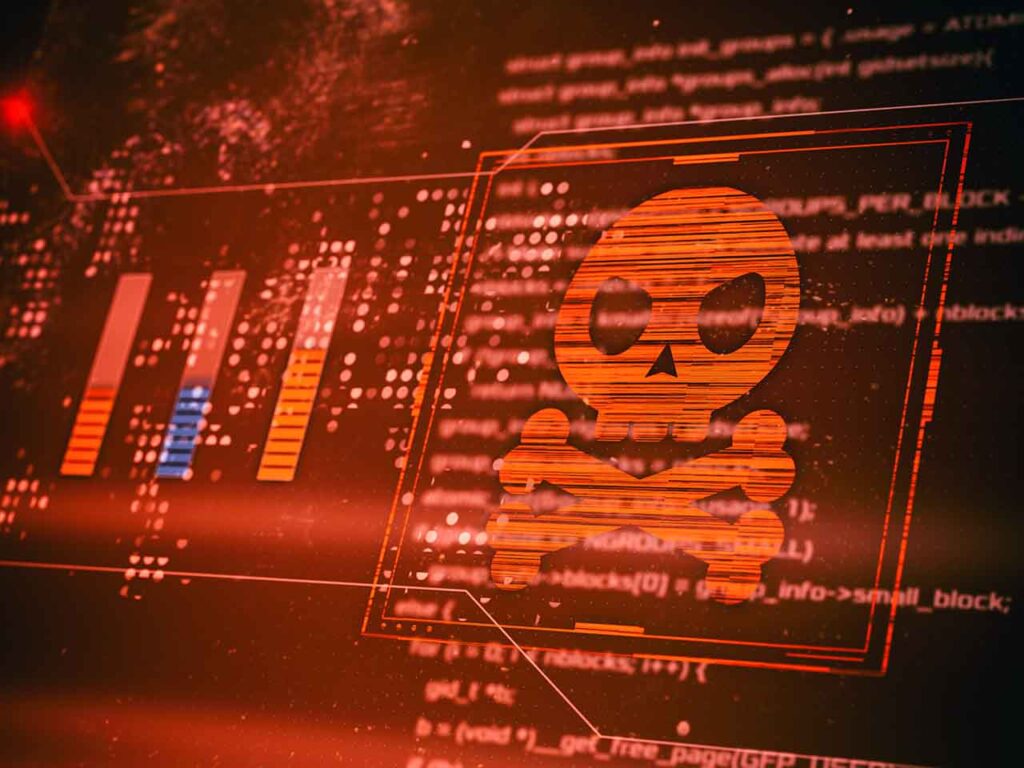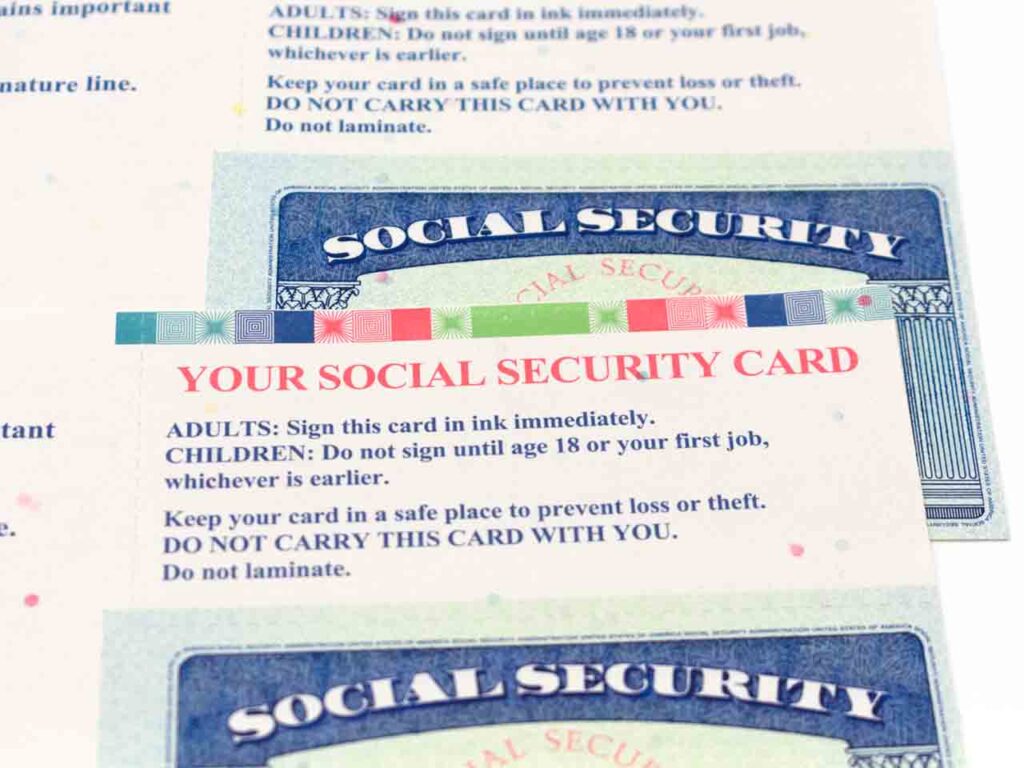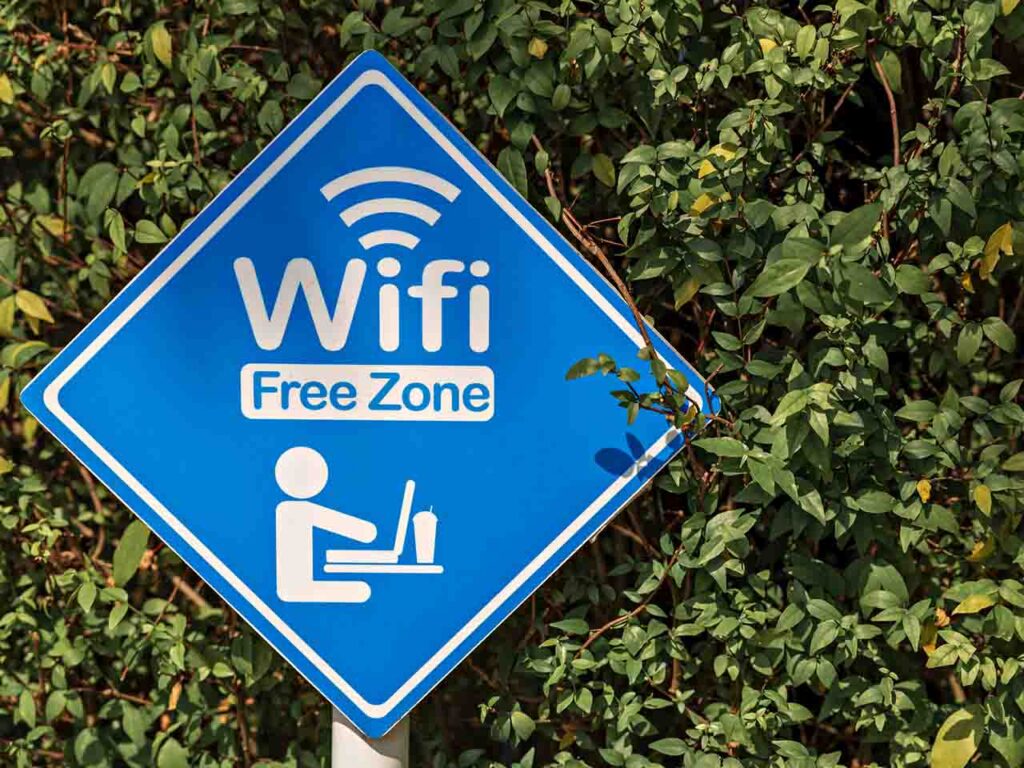Kaspersky Lab is a Russian multinational cybersecurity and anti-virus provider headquartered in Moscow, Russia.
Founded in 1997 by Eugene Kaspersky, Natalya Kaspersky, Alexey De-Monderik, and Vadim Bogdanov, the company has grown into one of the most prominent cybersecurity firms in the world.

Stay One Step Ahead of Cyber Threats
Kaspersky Lab provides various security products and solutions for consumers, small and medium-sized businesses, and large enterprises.
The company’s flagship product, Kaspersky Anti-Virus, provides protection against viruses, malware, phishing, and other online threats for home users and businesses.
Kaspersky Lab offers internet security, password management, endpoint security, and cloud security solutions. Kaspersky Lab has over 400 million users worldwide, with a presence in almost 200 countries.
5 Controversies
Kaspersky Lab has faced several controversies in recent years, mainly due to its alleged ties to the Russian government.
Some of the most notable controversies include:
1. Alleged Russian Government Ties
Kaspersky Lab has been accused of having close connections with the Russian government, particularly with its intelligence agencies.
Critics argue that these connections could lead to potential data manipulation or espionage by the Russian government using Kaspersky Lab’s software.
However, Kaspersky Lab has consistently denied these allegations and maintains that it operates independently.
2. U.S. Government Ban
In September 2017, the US Department of Homeland Security (DHS) issued a directive banning federal agencies’ use of Kaspersky Lab products.
The ban was based on concerns that the Russian government could exploit Kaspersky Lab software to access sensitive information, compromise federal information systems, or conduct espionage.
Kaspersky Lab has repeatedly denied these claims and even filed a lawsuit against the US government, though it was eventually dismissed.
3. Israeli Intelligence Discovery
In 2017, it was reported that Israeli intelligence agents had uncovered Russian hackers using Kaspersky Lab antivirus software to search for classified information from the US government.
This discovery further fueled concerns about the company’s potential ties to the Russian government and its possible involvement in cyber espionage activities.
4. UK’s National Cyber Security Centre (NCSC) Warning
In 2017, the UK’s NCSC issued a warning to government departments, advising against using Kaspersky Lab products for systems related to national security.
The warning was based on concerns about potential Russian interference and the risk of sensitive information being accessed by the Russian government.
While the NCSC did not impose a complete ban, it recommended that Kaspersky Lab’s software not be used on systems containing information that could harm national security if accessed by the Russian government.
5. European Parliament resolution
In June 2018, the European Parliament passed a resolution that called for a comprehensive review of the European Union institutions’ software, IT, and communications equipment.
The resolution identified Kaspersky Lab as a potentially malicious actor and recommended replacing its products with other security software.
Kaspersky Lab strongly criticized the resolution, arguing it was baseless and lacked any evidence of wrongdoing.
Kaspersky Lab’s Response to Allegations
In an effort to address these controversies and regain trust, Kaspersky Lab has taken several measures.
These include launching a Global Transparency Initiative to demonstrate the company’s commitment to transparency and accountability.
The initiative involves opening Transparency Centers in different regions, where clients, partners, and government stakeholders can review the company’s source code, software updates, and threat detection rules.
Kaspersky Lab also relocated its data processing and storage facilities for customers in the United States and Europe to Switzerland, further distancing itself from any potential Russian influence.
Despite these controversies, Kaspersky Lab continues to be a leading cybersecurity company, and its products are used by millions of users worldwide.
"Amateurs hack systems, professionals hack people."
-- Bruce Schneier, a renown computer security professional






